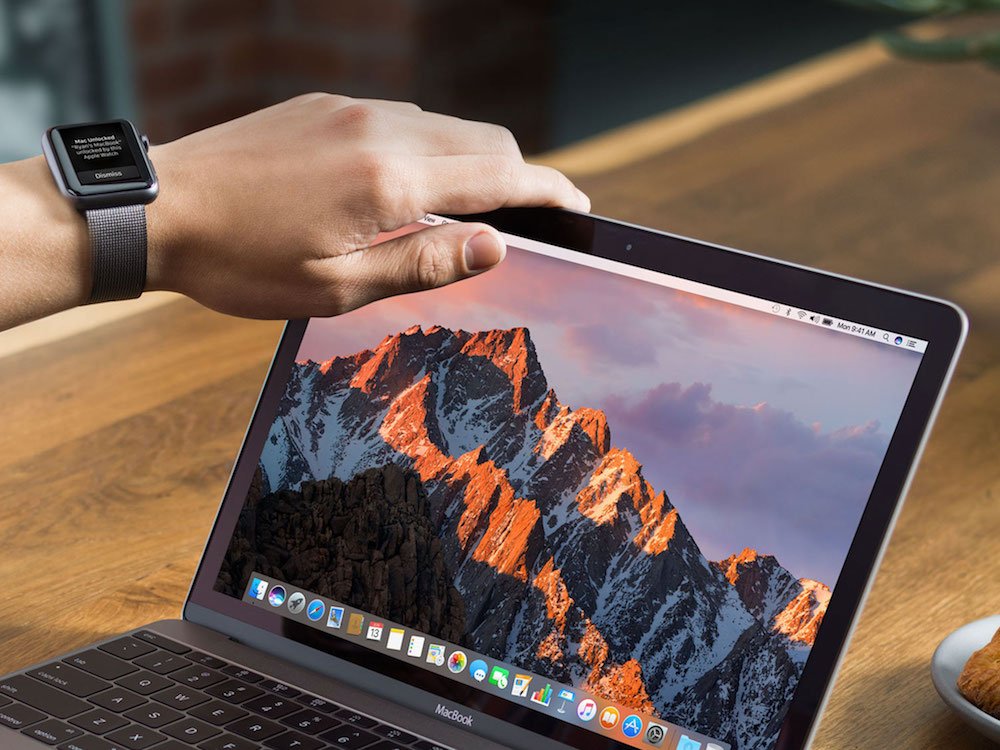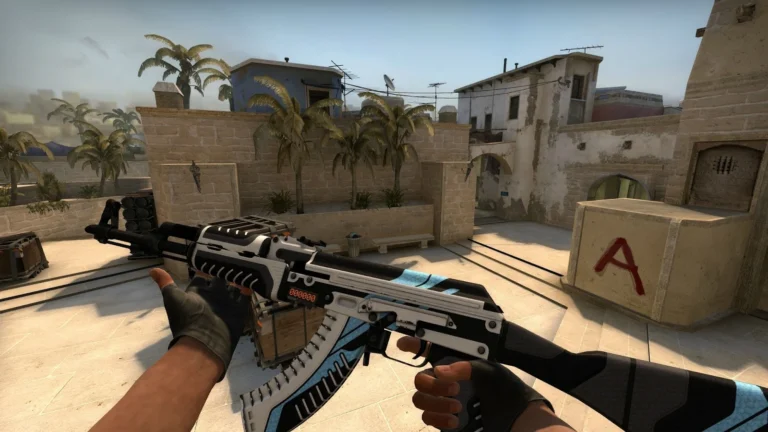How to Write to NTFS Drive on macOS Sierra using Terminal

Want to write to NTFS drives on macOS Sierra? This guide will walk you through steps to manually enable NTFS write in the newest Mac operating system.
The OS X that operates on Mac doesn’t officially support NTFS write by default. Meaning, you will be unable to make any changes to NTFS flash drives (USB, or external HDD). You cannot copy, edit or delete files, but the only thing you can do is to view their content.
This was the case with previous Mac OS X versions and it remains same with the latest macOS Sierra. You need to either use professional NTFS drivers (Paragon NTFS, for instance), or change the macOS Sierra settings to enable NTFS write to each particular NTFS drives connected to the Mac.
In addition to these, there is also an open-source software, called NTFS-3G, designed by and included in hundreds of Linux distributions. Based on the FUSE file system, the NTFS-3G allows users to access all devices and partitions that are using the NTFS formats. Though we have not tested this application yet, and we don’t know if this works well on the Mac.
In this post, we’ll take a look at how to manually enable writing to NTFS drives through Terminal in MacOS Sierra.
Steps to Write to NTFS Drive on macOS Sierra
1. Connect the NTFS device to your Mac and wait for it to get mounted. When done, you should see the NAME of the NTFS Volume from the Finder Window.
2. Launch Terminal by navigating to Applications/Utilities/Terminal.
3. Once the Terminal is open, enter the following command line:sudo nano /etc/fstab
4. Next up, enter a new command line as given below, and replace “NAME” with the name of your NTSF flash drive.LABEL=NAME none ntfs rw,auto,nobrowse
5. Press Ctrl+O to save this file, followed by Ctrl+X to end the Terminal.
That’s it! You should now be able to write to NTFS drive in macOS Sierra right away.
Furthermore, you don’t need to repeat above steps each time each time you plug an NTFS drive into your Mac. Next time you connect the drive to the Mac, you can find the NTFS Volume using Finder window as follows: Click on Go on the top menu, then select Go to Folder and enter /Volumes.
You should now be able to access the NTFS partition and write to it.
Paragon NTFS for Mac 14
The above procedure, however, may or may not work due to any reason. If it doesn’t, we would strongly recommend using Paragon NTFS 14 which touts to be the world’s fastest NTFS driver for Mac OS X.
It’s fully compatible with macOS Sierra, as well as supports all Hard drive Brands and NTFS versions. The package also includes Disk Manager for easy formatting and optimizing operations on hard drive and SSDs.
The Paragon NTFS for Mac 14 costs $19.95, but right now, you can purchase it for only $15.96 (25% OFF) from Paragon NTFS discount page. So hurry up!

![[Fixed] Apple Watch Green Snake of Death Error](https://digiworthy.com/wp-content/uploads/2022/10/Apple-Watch-green-snake-of-death-768x463.jpg)



![[FIXED] Your Profile Was Signed Out MW2 & Warzone 2](https://digiworthy.com/wp-content/uploads/2023/06/Your-profile-was-signed-out-768x432.webp)